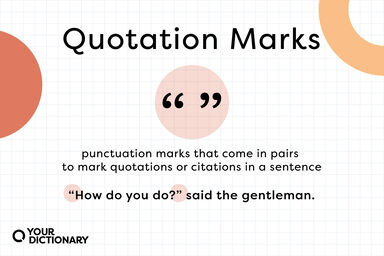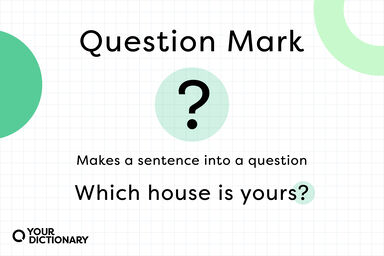Mark Definition
Alternative form of Mark.
- Beside the point; irrelevant.
- To move the feet alternately in the rhythm of a marching step without advancing.
- To suspend progress for the time being; wait in readiness.
- inaccurate, incorrect, irrelevant, etc.
- to achieve one's aim; be successful in one's attempt
- to be accurate; be right
- to achieve success or fame
Idioms, Phrasal Verbs Related to Mark
Origin of Mark
-
From Middle English mark, merk, merke, from Old English mearc (“mark, sign, line of division; standard; boundary, limit, term, border; defined area, district, province"), from Proto-Germanic *markō (“boundary; boundary marker"), from Proto-Indo-European *marǵ- (“edge, boundary, border"). Cognate with Dutch mark, merk (“mark, brand"), German Mark (“mark; borderland"), French marque (“mark; brand"), Swedish mark (“mark, land, territory"), Icelandic mark (“mark, sign"), Latin margo (“edge, margin"). Compare march.
From Wiktionary
-
From Middle English mark, from Old English marc (“a denomination of weight (usu. half a pound), mark (money of account)"), from Proto-Germanic *markÄ… (“mark, sign"), from Proto-Indo-European *marǵ- (“edge, boundary, border"). Cognate with Dutch mark (“mark"), German Mark (“a weight of silver, a coin"), Swedish mark (“a stamped coin"), Icelandic mörk (“a weight (usu. a pound) of silver or gold").
From Wiktionary
-
Middle English from Old English marc merg- in Indo-European roots Sense 3, translation of German Mark from Middle High German marc, marke stamped precious metal bar, half-pound of silver or gold Sense 4, translation of Finnish markka
From American Heritage Dictionary of the English Language, 5th Edition
-
Middle English from Old English mearc merg- in Indo-European roots
From American Heritage Dictionary of the English Language, 5th Edition
Related Articles
Find Similar Words
Find similar words to mark using the buttons below.





